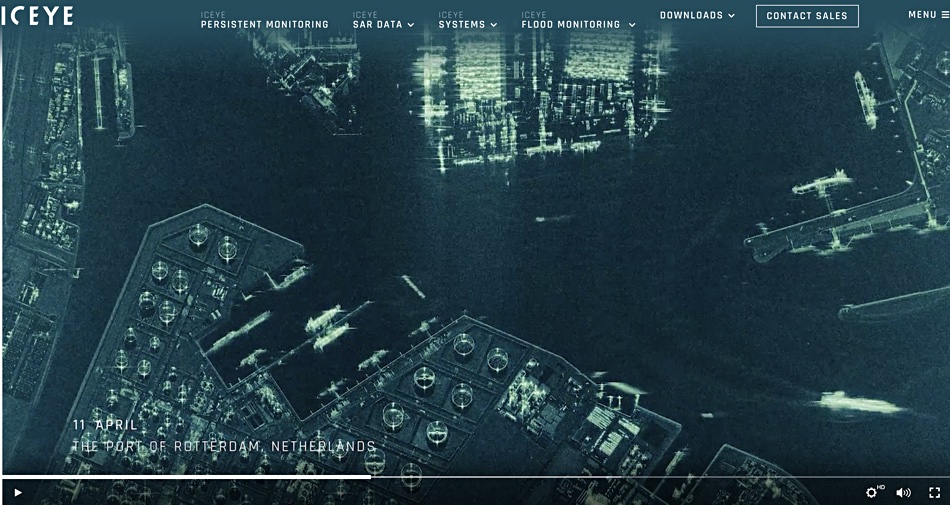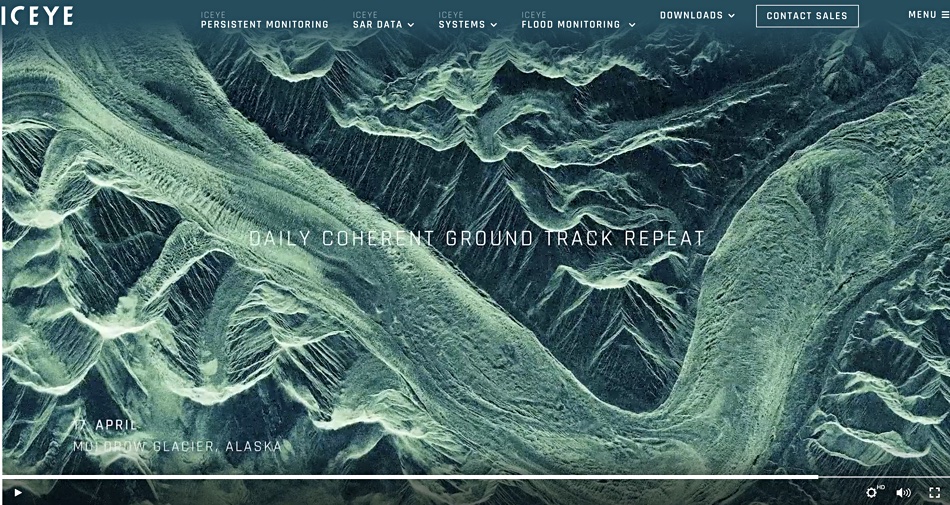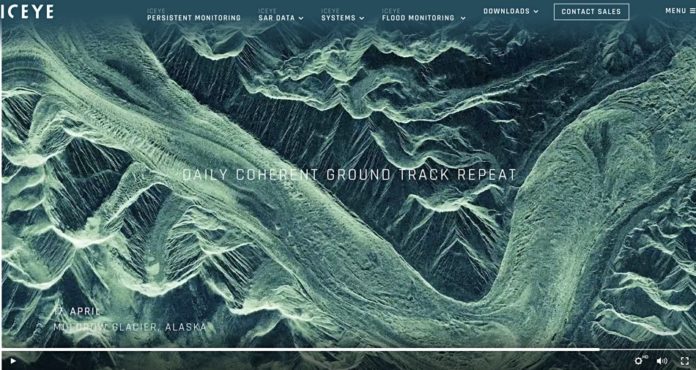In the same week it Twitter-announced two customers had ordered $20 million worth of its software, VAST Data announced $10 million in US Department of Defense orders, as its VAST Federal subsidiary plugs into the US federal market.
The orders for VAST Data’s storage software include the storage of data used in synthetic aperture radar (SAR) and AI-driven packet capture applications. VAST stores data in a single-tier, all-flash array using QLC (four bits/cell) flash, which it calls Universal Storage.
Randy Hayes, VP of VAST Federal, said in a statement: “For customers such as the US Department of Defense, all data is equally critical and our mission is to ensure that data age never defines the time to data access.
“Universal Storage offers the DoD a secure and unified approach to being able to process any data asset in real time by eliminating storage tiering from the mission agenda and taking our customers to a cost-effective all-flash end state that they were never before able to afford.”
SAR involves the use of millimetre-wave radar beams pulsed from a synthetic aperture array to build a 3D model of a ground image, visible day or night and through cloud cover. Images can be compared over time to spot changes, such as mobile missile launchers appearing at a location or ships leaving a harbour. The ability to compare a new image with a stored image is clearly useful here.

AI packet capture refers to the capture of data packets crossing a network and using them to reconstruct network activity to show what has happened. For example, a malware attack can be tracked as it progresses.
Both applications rely on rely on massive amounts of stored data used to compute SAR image comparisons and AI-supported network packet analytics. VAST says its Universal Storage system combines the speed of an all-flash array with the affordability of an archive to analyse and respond to national security situations in real-time.

VAST Data’s federal customer roster includes the US Department of Energy, National Institutes of Health, National Oceanic and Atmospheric Administration, NASA, and the Department of Veterans Affairs. The VAST Federal business unit was launched in April. In July former CIA Chief Technology Officer Gus Hunt joined the VAST Federal board.








